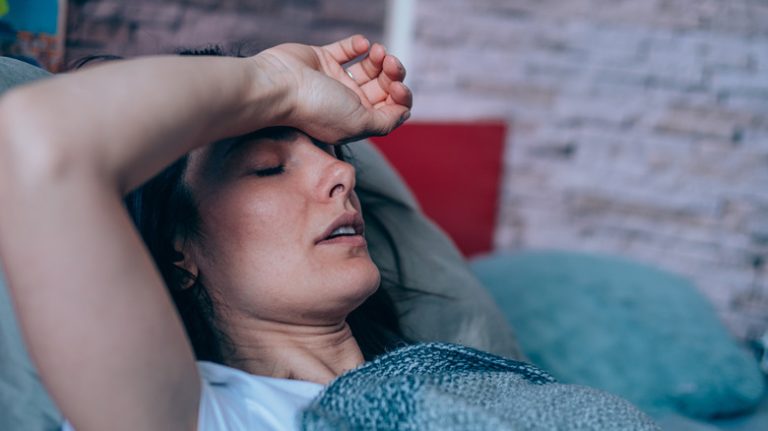We all know the importance of getting a decent amount of sleep. However, it’s not only the quantity of sleep you get that matters. The quality of your sleep makes a difference in how you feel.
Sleep consists of different phases, and they are all important to your overall health, notes the Sleep Foundation. NREM1 is the stage when you’re falling asleep, which only lasts a few minutes. NREM2 is classified as light sleep, and this stage lasts between 10 minutes and an hour. NREM3 is the deep sleep phase, in which your body is completely relaxed. REM sleep involves rapid eye movement, vivid dreaming, and increased brain activity.
Deep sleep is critical. During deep sleep, sometimes called slow-wave sleep, your blood pressure drops, and growth hormones are released. As blood flow to muscles increases, the body begins to undergo a growth and repair process as the brain gets rid of waste. While there is still much to learn about these processes, experts recognize their importance. If you’re not getting enough deep sleep, you might suffer from tight muscles, body aches, fatigue, and droopy eyelids. In contrast, when you get enough deep sleep, you wake up feeling refreshed (via MindBodyGreen).
Establish a routine to foster deep sleep

The American Sleep Association (ASA) reports that one of the best ways you can ensure you get enough deep sleep is to plan for enough sleep in general. The Centers for Disease Control and Prevention (CDC) recommends that adults aim for seven or more hours of sleep per night.
To ensure you get enough quality sleep, MindBodyGreen suggests setting a regular sleep routine. Verywell Health reports that irregular sleeping patterns interfere with deep sleep cycles, so regularity (even on weekends) is essential. Deep sleep generally takes place earlier in the night, so establishing a consistent routine will help your body stick to a circadian rhythm. You should also avoid heavy meals and exercise within a few hours of bedtime, and steer clear of caffeine late in the afternoons.
Other tips to help you establish a regular sleeping pattern include limiting blue light, and finding a way to relax before turning in. This might be a warm bath, light yoga, meditation, reading a paper book, or writing in a journal, per the Sleep Foundation. You might even want to talk to your doctor about supplementing with magnesium glycinate, because there is some evidence it can help people fall asleep and stay asleep longer (via MindBodyGreen).



